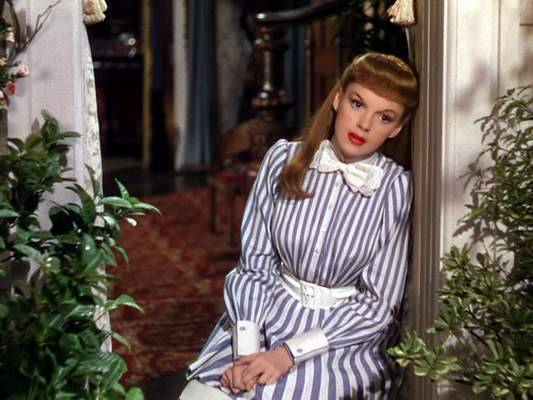#318 - Batman: Mask of the Phantasm
Eric Radomski and Bruce Timm, 1993

A mysterious masked villain starts murdering crime bosses and people start to suspect that Batman is responsible, forcing him to put an end to things once and for all.
I don't think I've ever watched a single episode of Batman: The Animated Series, but apparently the feature-length Mask of the Phantasm is good enough to crack the MoFo Top 100 Animated Films List so I figured that, despite a fairly ambivalent attitude towards Batman and superheroes in general, I decided to give it a shot. The animation has a distinctive style but hasn't aged all that well in parts. The main story that I outlined in the logline above is also fairly basic, though it gets complicated by the introduction of an old love interest of Bruce Wayne's who has come back to town and the re-introduction of the Joker, who is brought into the fight against the Phantasm by one of the prospective victims. Unfortunately, much of the film tends to come across as build-up and is often told through fragmented flashbacks; while these flashbacks tend to end in an action scene to maintain the movie's cartoon pacing, it's not enough to make that much of a difference to how things are handled. Things only really pick up with the introduction of the Joker (played with appropriately theatrical lunacy by Mark Hamill - now I can understand why there are so many people who consider his voice work the definitive Joker), even if he does feel more than a little shoehorned into the main plot.
Mask of the Phantasm never really overcomes its TV origins, feeling like an an overextended episode that has just enough quality to stop it being written off as mindless kids' entertainment. It's got its fair share of plot holes, the animation is decent but not amazing, and virtually every performer pales in comparison to Hamill (though the interplay between Bruce and Alfred is always a highlight no matter what). The action is paced reasonably well, though again nothing truly impresses until it gets close to the end. It's an easy enough way to pass an hour-and-a-bit (and when life starts proving a bit too hard to keep up with a movie-a-day challenge, you get familiar with shorter features very quickly), but I guess I'm just not enough of a Batman fan (or Batman: The Animated Series fan, anyway) to appreciate it.
Eric Radomski and Bruce Timm, 1993

A mysterious masked villain starts murdering crime bosses and people start to suspect that Batman is responsible, forcing him to put an end to things once and for all.
I don't think I've ever watched a single episode of Batman: The Animated Series, but apparently the feature-length Mask of the Phantasm is good enough to crack the MoFo Top 100 Animated Films List so I figured that, despite a fairly ambivalent attitude towards Batman and superheroes in general, I decided to give it a shot. The animation has a distinctive style but hasn't aged all that well in parts. The main story that I outlined in the logline above is also fairly basic, though it gets complicated by the introduction of an old love interest of Bruce Wayne's who has come back to town and the re-introduction of the Joker, who is brought into the fight against the Phantasm by one of the prospective victims. Unfortunately, much of the film tends to come across as build-up and is often told through fragmented flashbacks; while these flashbacks tend to end in an action scene to maintain the movie's cartoon pacing, it's not enough to make that much of a difference to how things are handled. Things only really pick up with the introduction of the Joker (played with appropriately theatrical lunacy by Mark Hamill - now I can understand why there are so many people who consider his voice work the definitive Joker), even if he does feel more than a little shoehorned into the main plot.
Mask of the Phantasm never really overcomes its TV origins, feeling like an an overextended episode that has just enough quality to stop it being written off as mindless kids' entertainment. It's got its fair share of plot holes, the animation is decent but not amazing, and virtually every performer pales in comparison to Hamill (though the interplay between Bruce and Alfred is always a highlight no matter what). The action is paced reasonably well, though again nothing truly impresses until it gets close to the end. It's an easy enough way to pass an hour-and-a-bit (and when life starts proving a bit too hard to keep up with a movie-a-day challenge, you get familiar with shorter features very quickly), but I guess I'm just not enough of a Batman fan (or Batman: The Animated Series fan, anyway) to appreciate it.
__________________
Iro's Top 100 Movies v3.0
I really just want you all angry and confused the whole time.





 . Love Sunset.
. Love Sunset.




 its regarded as one of the greatest OVAs ever made. A model of animation as a storytelling medium.
its regarded as one of the greatest OVAs ever made. A model of animation as a storytelling medium.